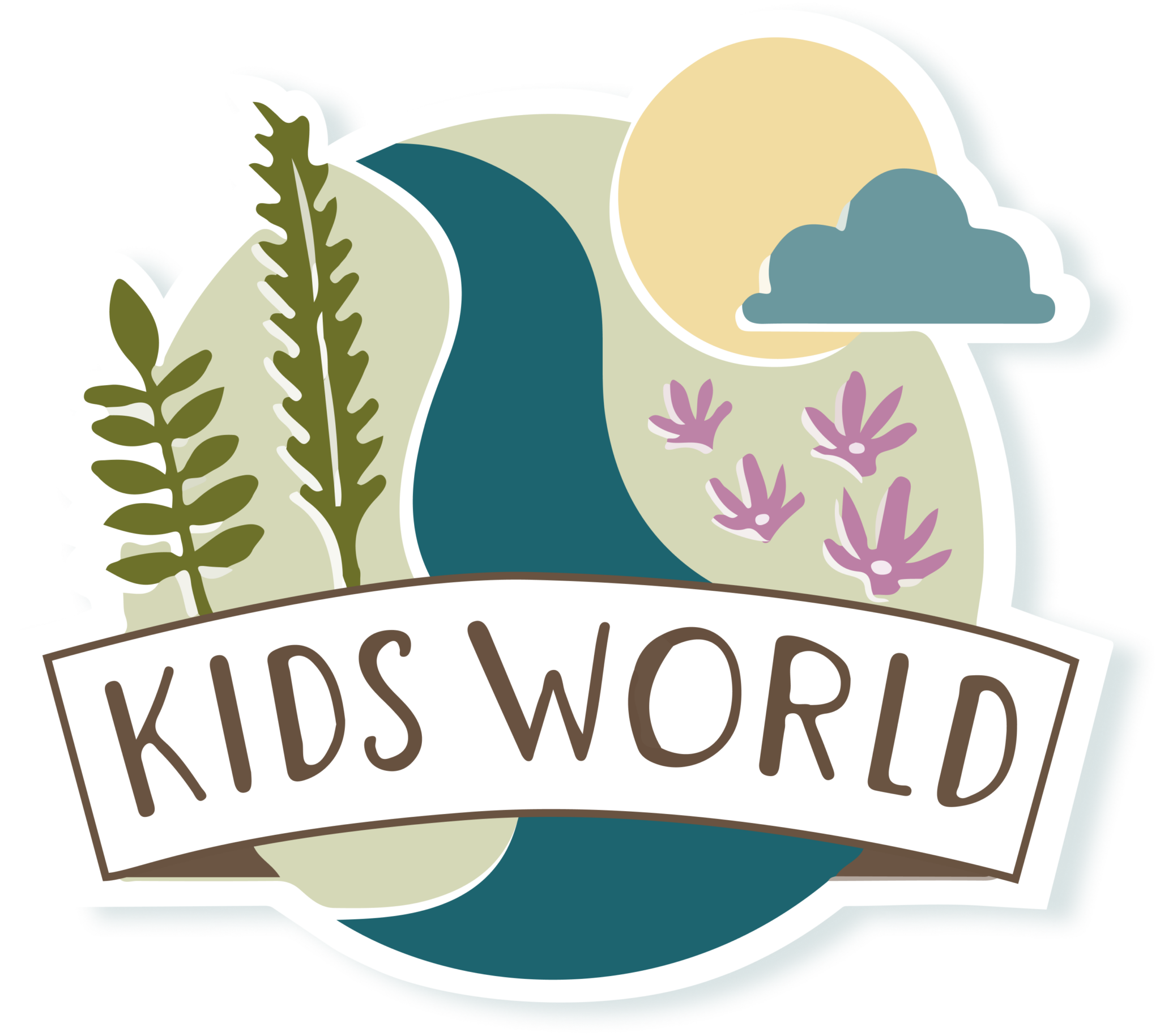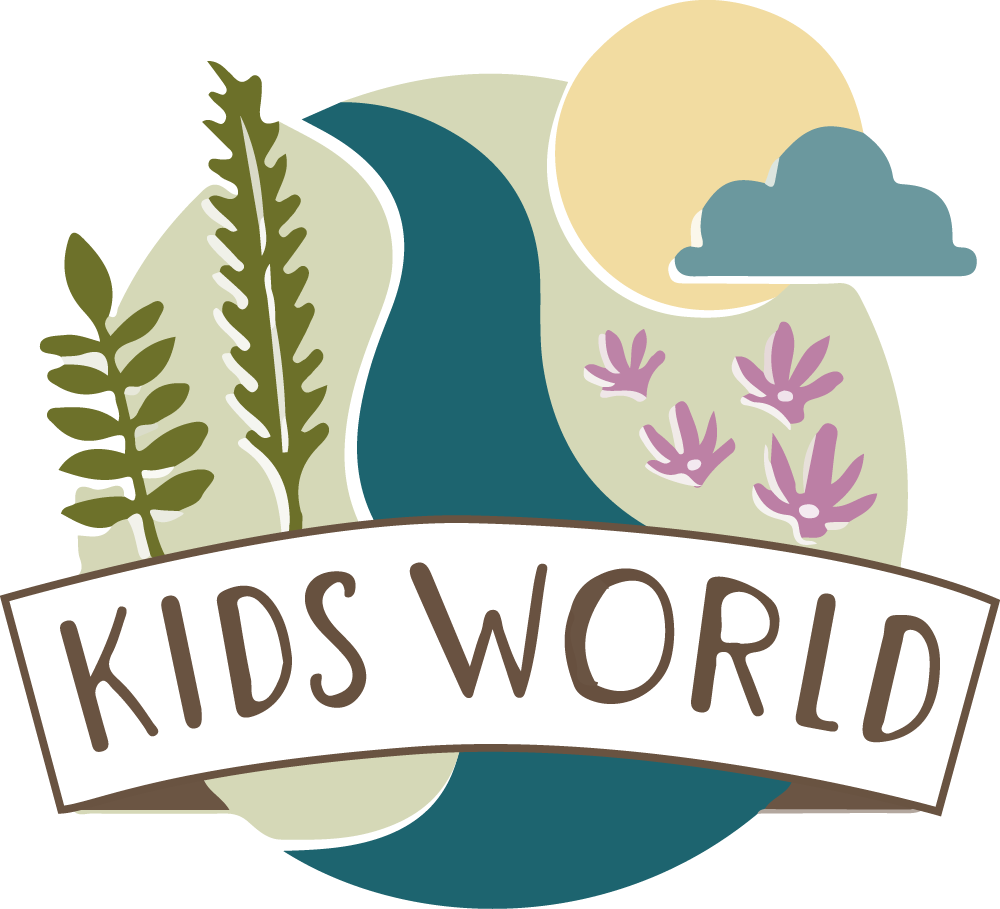I have always been a people watcher. What I have certainly noticed over the past few years during my observations and even in self-reflection, is that we are an extremely busy people. We have so much more to accomplish in our waking hours than it seemed like we used to have. Because we are so busy, there are things that do not get accomplished during the day, things that do not receive our full attention. One important thing that must not be neglected is our quality time with our children.
Positive parent-child relationships are built on the quality time that we regularly spend with our children. This is how we bond and learn about each other. The great thing about quality time spent with children verses the quantity of time spent with children is that quality time can happen anytime and anywhere, for a short amount of time, and even while we are accomplishing those daily routine tasks that we must complete each day. On busy work days, we may not have as much one-on-one time with our children, but when we can, we want to have longer interactions that are nestled with quality time and we will notice that everyone benefits.
Quality time is important to show that you value and appreciate your child. It allows parents to communicate powerful positive messages with the child through sharing good conversations, smiles, hugs, eye contact, interchanging thoughts, feelings, and experiences. We want to be in the moment with our children. In doing so we are tuning in to their needs and thinking about what is going on with our child. Additionally, it shows our child that we care about the things that are important to them and we value what they are saying and feeling.
The amount of quality time that one spends with their child can vary from family to family and can vary from day to day. Usually the most amount of quality time is spent with infants and toddlers since they are not independent and need care and guidance. Though our days with our little ones can seem to be long, they grow up quickly. As children grow into teenagers, the amount of quality time seems to diminish; however, healthy families find the time to incorporate quality time into their schedules.
The National Association of Education and Care of Young Children has nine simple tips for busy families to enjoy quality time with their families.
- Have a daily “connect” time with your child. Do this face-to-face, if possible; but if this isn’t an option, create a routine for doing so in other ways, such as leaving a note in your child’s lunch bag, posting a note by his toothbrush, or writing an encouraging saying on a shared whiteboard in the house.
- Create a special ritual for you and your child—something that can be done every day. For example, let your child choose and read one book with you at bedtime.
- Tell your child you love her every day. And tell her how important she is to you and how she makes you feel.
- Reinforce positive behavior. For example, if your child completes his chores without your asking, acknowledge it with words of appreciation—even if you don’t have the chance do so until the next day.
- Make and eat meals with your children whenever possible. If time is limited, look for simple meals that require very little preparation, or grab a healthy snack such as an apple and sit for a few minutes and chat with your child.
- Schedule time for doing an activity of your child’s choosing. Be sure to follow through and complete the activity without any distractions.
- Play with your child, even if it’s during bath time or outside before you drop her off at preschool. Every little bit of time makes a positive impact!
- Laugh and be silly with your child.
- Turn off technology when you spend time with your child. Try not to text, answer calls, scroll through social media, or watch television.
Quality time with our children is all about meaningful connections. As listed in the nine above tips, we can keep it simple and connect with our children in ways that make sense and are proven to produce positive relationships. Each connection that we make with our children will have a lasting impact and provide the support and reassurance that our children so desperately need and deserve.


